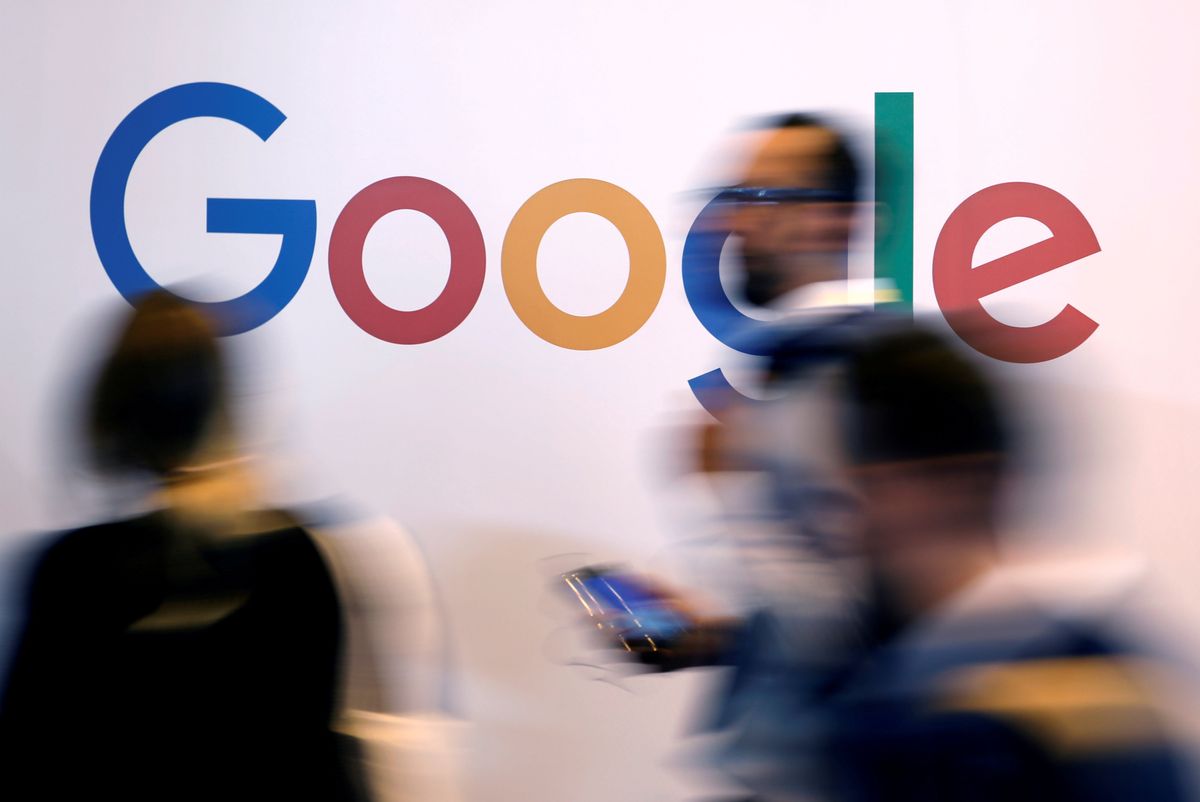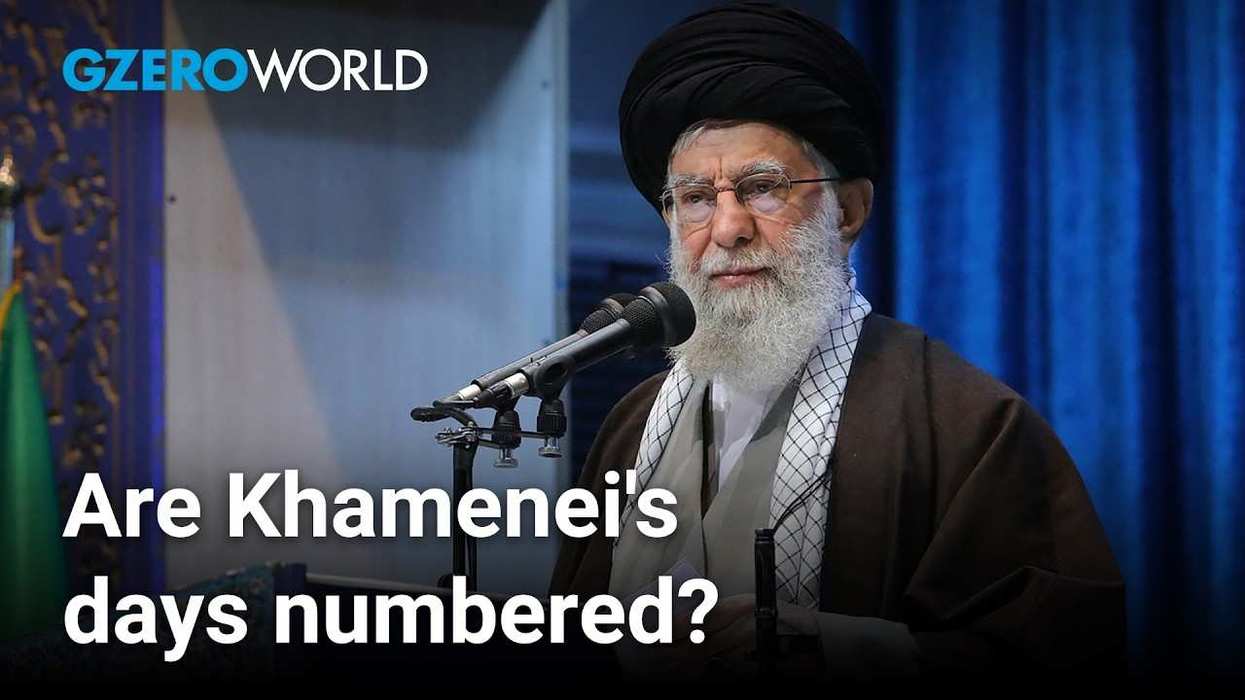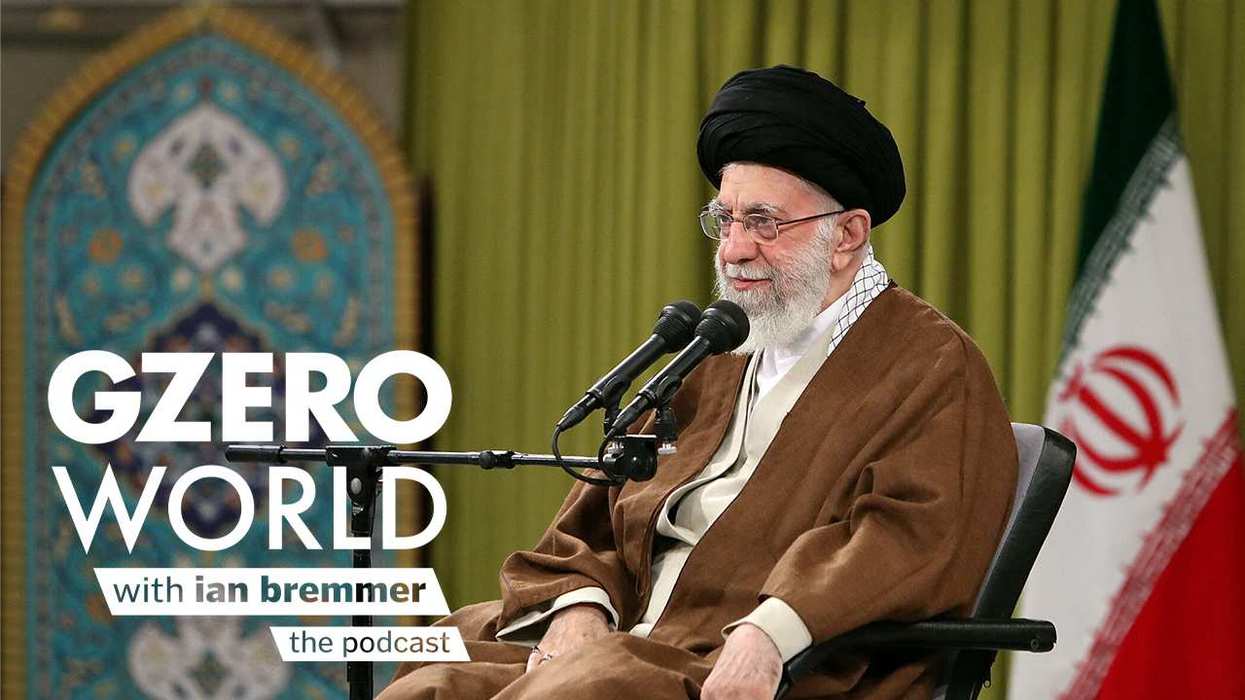Here at Signal, we don’t usually pounce on presidential tweets – most of the time they’re aimed at a domestic US audience, and there just isn’t that much geopolitically to read into them. But there are exceptions, like Tuesday’s complaints from President Trump about Google.
What happened: On Tuesday morning, President Trump blasted Google on Twitter, claiming that 96 percent of the search results that pop up when Googling for “Trump News” were “from National Left-Wing Media.” The president, who may have gotten the stat from a segment that aired on Fox News the night before, accused the search company and unspecified others of “suppressing voices of conservatives and hiding information and news that is good” and promised he would address the situation. Economic adviser Larry Kudlow later stated that the administration was “taking a look” at regulating Google. Google shot back with a statement insisting that politics do not factor into its search algorithms. On Tuesday afternoon, Trump expanded his criticism to include Twitter and Facebook, saying these companies were “treading on very, very troubled territory and they have to be careful.”
Why it’s important: It may be tempting to dismiss the president’s latest broadside against the tech sector. Remember when Trump accused Amazonof ripping off the Postal Service? There were a few splenetic tweets, a review was ordered, and then nothing happened. But social media bias is an issue that resonates more intensely with Trump’s base: a Pew Research poll from June found that more than half of Republican voters thought it was “very likely” that social media platforms intentionally censor political viewpoints, while 70 percent of all voters think it’s at least somewhat likely. It’s also a priority issue among some Republicans in Congress, including House majority leader Kevin McCarthy, who say that powerful Silicon Valley tech companies treat conservative voices unfairly. Twitter CEO Jack Dorsey and other social media execs are due to testify at a House hearing on the issue next week. With some Democrats also eager to rein in the power of the tech giants, albeit for different reasons, there’s at least some risk that the president’s complaints turn into action.
What could Trump do? Former Trump adviser Steve Bannon has suggested that Google and Facebook should be regulated like public utilities, a move that could subject digital platforms to extra oversight over how they serve up their content. Think of the now-abolished pre-cable TV “fairness doctrine” that required broadcasters to air differing views on important public issues. But regulating search engines like that would take an act of Congress, and the Supreme Court would probably have something to say on the matter. The administration could also push regulators take a harder look at Google for antitrust violations: Google and its YouTube video subsidiary account for around 90 percent of all web searches in the US. If the government can find leverage, Google might be forced to make concessions that make it easier for rival search engines to gain an audience. But that would only obliquely address the issue that Trump is complaining about.
Next week’s congressional hearings on social media bias, which will feature executives from Twitter, Google, and Facebook, will give an indication of how likely congressional Republicans are to take up Trump’s cause. He’ll probably face an uphill battle. But in a world where most people now depend on search engines and social media to keep themselves informed, even small changes to the way information is served up by the world’s dominant search engine can have big effects on global politics. This is an issue we’ll be watching closely.



















